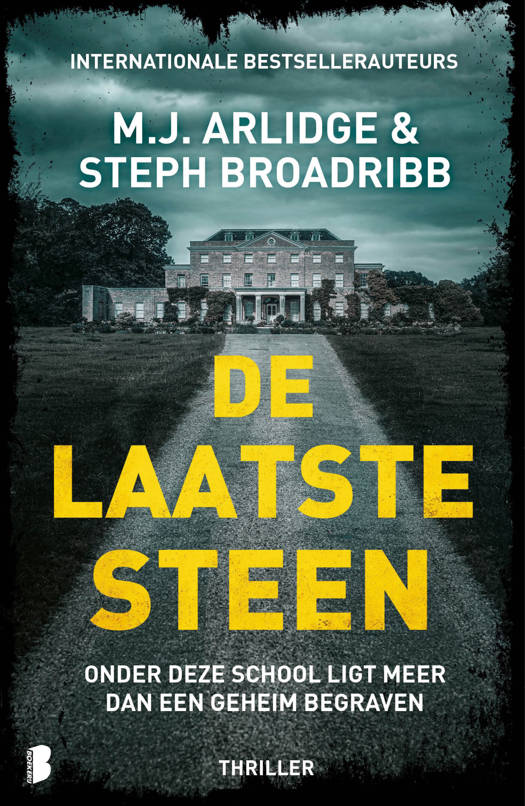
- Afhalen na 1 uur in een winkel met voorraad
- Gratis thuislevering in België vanaf € 30
- Ruim aanbod met 7 miljoen producten
- Afhalen na 1 uur in een winkel met voorraad
- Gratis thuislevering in België vanaf € 30
- Ruim aanbod met 7 miljoen producten
Zoeken
Omschrijving
CONTENTS CHAPTER XX. PAGE THE HERNICAN MONASTERIES AND THE GROTTO OF COLLE PARDO . . . . 7 CHAPTER XXI. FARFA . . . . 22 CHAPTER XXII. CIVITA CASTELLANA AND ITS NEIGHBOURHOOD ... 32 CHAPTER XXIII. THE CIMINIAN HILLS NEPI, SUTRI, AND CAPRAROLA . . 5 CHAPTER XXIV. VITERBO AND ITS NEIGHBOURHOOD 74 CHAPTER XXV. MONTEFIASCONE, BOLSENA, AND ORVIETO NARNI AND TERNI . CHAPTER XXVII. SPOLETO AND THE CLITUMNUS 45 1 35 6 CONTENTS. CHAPTER XXVIII. PAGE IN THE ABRUZZI ABRUZZO ULTERIORE II. . . . .157 CHAPTER XXIX. IN THE MARSICA THE LAGO FUCINO . . . l8o CHAPTER XXX. SORA, AND THE LAND OF CICERO igi MONTE CASSINO, . CHAPTER XXXI. 25 CHAPTER XXXII. AQUINO AND PONTECORVO 233 CHAPTER XXXIII. THE PONTINE MARSHES ........ 243 CHAPTER XXXIV. THE LATIN SHORE . . . 262, CHAPTER XXXV. THE DESCENT OF THE TIBER PORTO AND FIUMICINO . . 288 CHAPTER XXXVI. CERVETRI - O2 CORNETO . . . CHAPTER XXXVII. CHAPTER XXXVIII. VOLCI PONTE DEL ABBADIA 328 CHAPTER XXXIX. TOSCANELLA AND CENTRAL ETRURIA . . . . 335 THE ETRUSCAN SHORE CHAPTER XL. 312 CHAPTER XX. THE HERNICAN MONASTERIESAND THE GROTTO OF COLLEPARDO. The-best way of reaching these places is from the station of Frosi none on the Naples line a carriage and two horses may be engaged there for the two days excursion, and costs about 40 francs, but an exact understanding must be made at the station with the Vetturino as to what is required. There are very tolerable though humble hotels, and with very obliging and honest people, at Alatri and Frosinone. ON a beautiful April morning we reached Frosinone by rail from Rome. The countrywas in its freshest, bright- est green. At the station we found plenty of carriages waiting, and were soon leaving the town of Frosinone behind on its high isolated hill, and. advancing fast into the mountains, through a rich corn-clad country. On the left, the most conspicuous feature was always Fumone, a knot of castellated buildings and cypresses on a lofty conical hill, where, in a prison, which none who look upon it can help feeling un- utterably desolate, the dethroned Coelestine, who had been dragged to the papal throne from his hermitage in the Abruzzi, was forced by his successor Boniface VIII., at the age of 81, to spend the last ten months of his life. Like the meanest son of the Church, Coelestine fell at the feet of his successor his only prayer, a prayer urged with tears, was that he might be permitted to return to his desert hermitage. Boniface addressed him in severe language. He was committed to safe custody in the castle of Fumone, watched day and night by soldiers, like a prisoner of state. His treatment is described as more or less harsh, according as the writer is more or less favourable to Boniface. By one account his cell was so narrow that he had not room to move where his feet stood when he celebrated mass by day, there his head reposed at night. He obtained with difficulty permission for two of his brethren to be withhim but so unwholesome was the place, that they were obliged to resign their cha- ritable office...
Specificaties
Betrokkenen
- Auteur(s):
- Uitgeverij:
Inhoud
- Aantal bladzijden:
- 408
- Taal:
- Engels
Eigenschappen
- Productcode (EAN):
- 9781406782066
- Verschijningsdatum:
- 9/10/2007
- Uitvoering:
- Paperback
- Formaat:
- Trade paperback (VS)
- Afmetingen:
- 140 mm x 216 mm
- Gewicht:
- 517 g

Alleen bij Standaard Boekhandel
+ 32 punten op je klantenkaart van Standaard Boekhandel
Beoordelingen
We publiceren alleen reviews die voldoen aan de voorwaarden voor reviews. Bekijk onze voorwaarden voor reviews.











